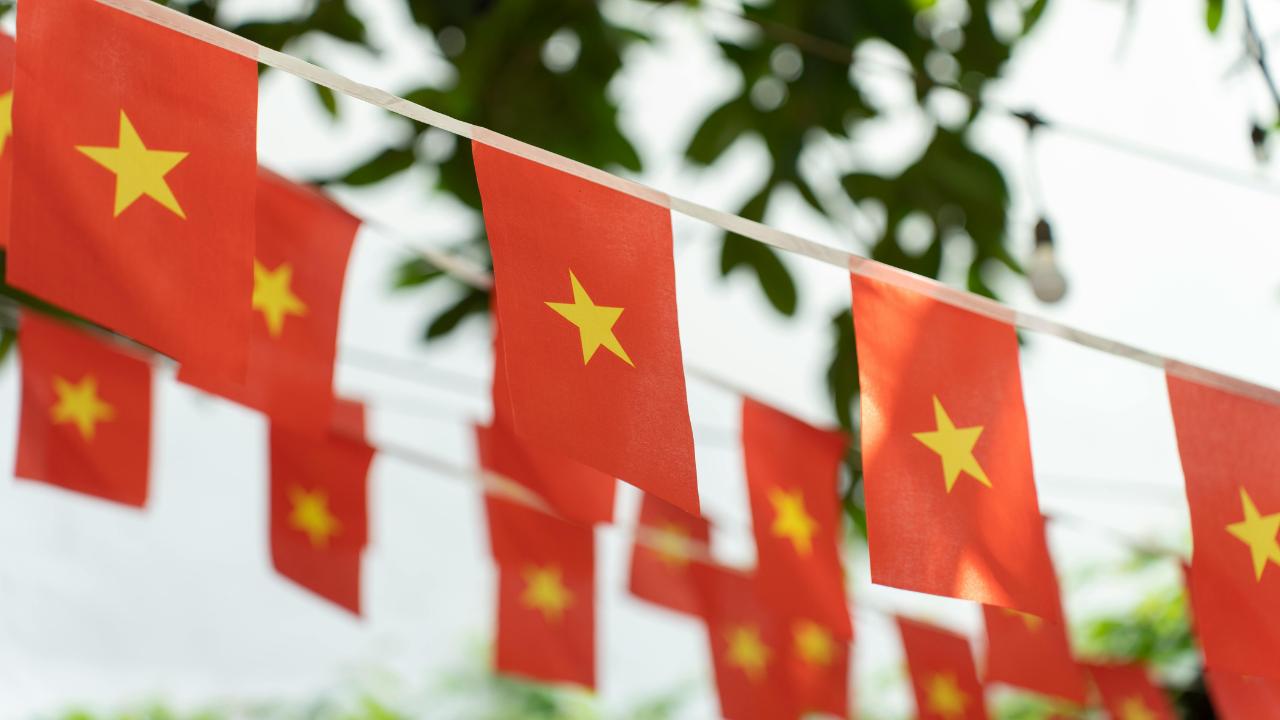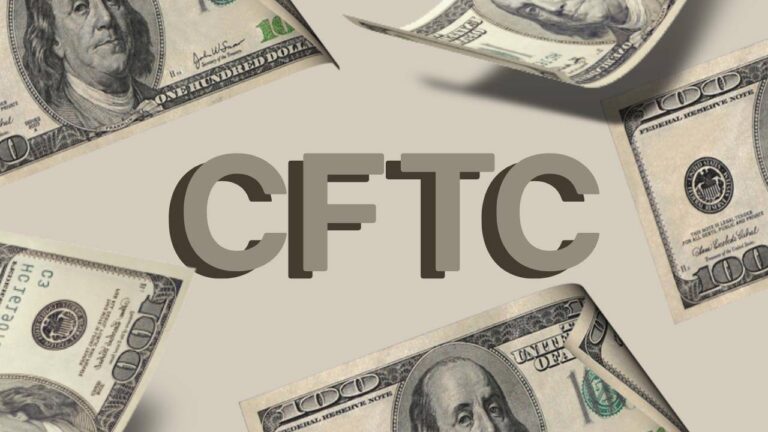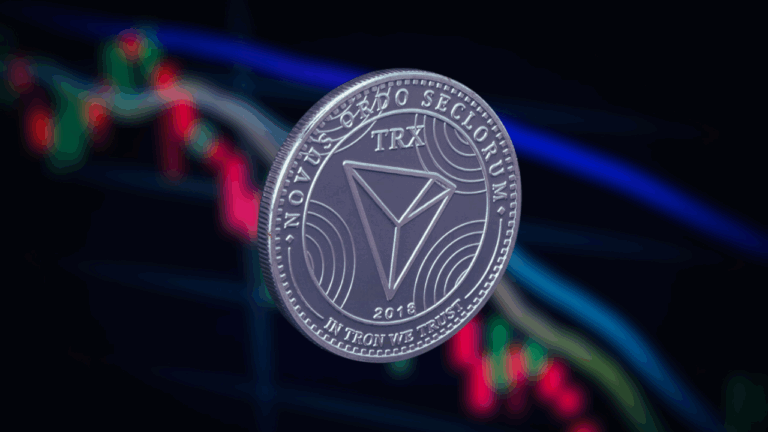Vietnam launches 5-year regulated crypto market pilot program

TL;DR Breakdown
- Vietnam has announced the launch of a 5-year regulated crypto market pilot program.
- The program, which is billed to start next year, will see licenses awarded to local exchanges.
- Vietnam aims to utilize the new program to bolster its local industry and safeguard investors.
Vietnam has launched a pilot program to regulate the cryptocurrency industry in the country. According to several local outlets, the initiative, which is expected to run for 5 years, will see the government redirect billions in trading volume going to offshore platforms into its local exchanges.
According to reports, the pilot program is expected to regulate digital assets and other related activities, bringing them under the formal supervision of local agencies. In addition, the move to develop its crypto market through a regulated framework is also expected to strengthen its market, opening it up to residents and foreigners alike.
Vietnam launches a 5-year crypto regulation pilot program
According to several sources, the development comes in response to the concentration of local crypto activities outside the country. Unlike most countries in Asia, Vietnam still sees most of its residents carry out activities on offshore exchanges, with Upbit, located in South Korea, seeing most of the activities. According to a recent local survey, Vietnam has one of the highest cryptocurrency adoption rates.
A recent report mentioned that more than 17 million people are engaged and active in the crypto trading market in Vietnam, with a cumulative annual trading volume reaching $100 billion. The report claims that most of these activities take place on Binance and Bybit, which are based in jurisdictions like Hong Kong and Singapore.
To counter the trend and divert funds back home, the pilot program will introduce domestic licenses for exchanges. In addition, there will also be a rollout of reporting standards and anti-money laundering rules. Starting in 2026, the program will also require registered exchanges in the country to allow citizens to trade directly in the country’s native currency, the dong.
Stronger local market and domestic use cases
The five-year program is in line with the government’s recognition of digital assets under the Law of Digital Technology Industry passed in June. The law, which was approved by the National Assembly in June, will be implemented in 2026. Under the rule, crypto platforms and service providers are mandated to register for a license to operate in the country. In addition, the law also touched other aspects, including artificial intelligence, and set clearer rules for the sector after years.
After the regulatory changes, the government also announced the launch of its blockchain in July. The blockchain, known as NDAChain, is a permissioned layer 1 network designed to support tokenization of items like bonds, invoices, and carbon credits, allowing the creation of new fundraising channels while giving regulators better oversight of digital transactions.
Officials see the regulated market pilot program as an opportunity to capture tax revenue, protect investors, and integrate digital assets more closely with the economy. The program will also create opportunities for industries to use digital assets like Bitcoin for insurance, pensions, and other domestic uses. The development will see the government create a regulated market that would help economic growth, while reducing reliance on foreign exchanges.






